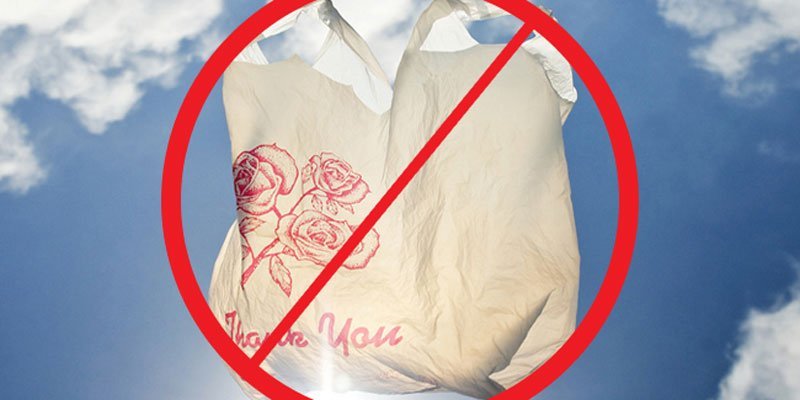Starting on Thursday, August 1, if you happen to be in Connecticut, it would be better if you brought your own bag when you go shopping.
As an overture to the complete ban of all single-use plastic bags in 2021, the General Assembly passed a law to reduce the use of such bags. The new bill should help save the environment and control the plastic trash.
Stop and Shop and Big Y, two major retail chains, will be eliminating the disposable plastic bags in all of their Connecticut stores. Stop and Shop announced that they would be providing free paper bags to their customers in August, but after Labor Day, the charge of the 10-cent fee will apply if a customer decides to take a bag.
Big Y will give a discount on the purchases of reusable bags and will also add a 10-cent fee if a customer opts for a paper bag.
Wayne Pesce, the president of the Connecticut Food Association, believes that the confusion surrounding the prohibition of plastic bags will be short. He added that both the retailers and the customers should be able to get used to the new regulations in no time.
Since some of the stores already charge for the disposable bags, this new fee will be added on top of the regular one. The bill is obligatory for restaurants and food trucks, so the rule will apply for the take-away meals and leftovers customers would like to take home.
The rule will not be applicable to plastic bags wrapping the fresh food for sanitary reasons. The same goes for this plastic protecting the newspapers and dry-cleaning. But so-called biodegradable bags will not be exempt from the rule.
Some towns in Connecticut have already passed acts banning the plastic bags and are allowed to comply with their rules if they are equally or more restrictive than the state law.
Connecticut is joining many cities and states across America in a mutual attempt to solve the ominous problem of plastic waste. The U.S. Environmental Protection Agency estimates that around 380 billion disposable bags are used per year and end up in rivers, streams, or in the sea. Even the ones that are disposed of according to the regulations end up in incinerators, contributing to the pollution.




